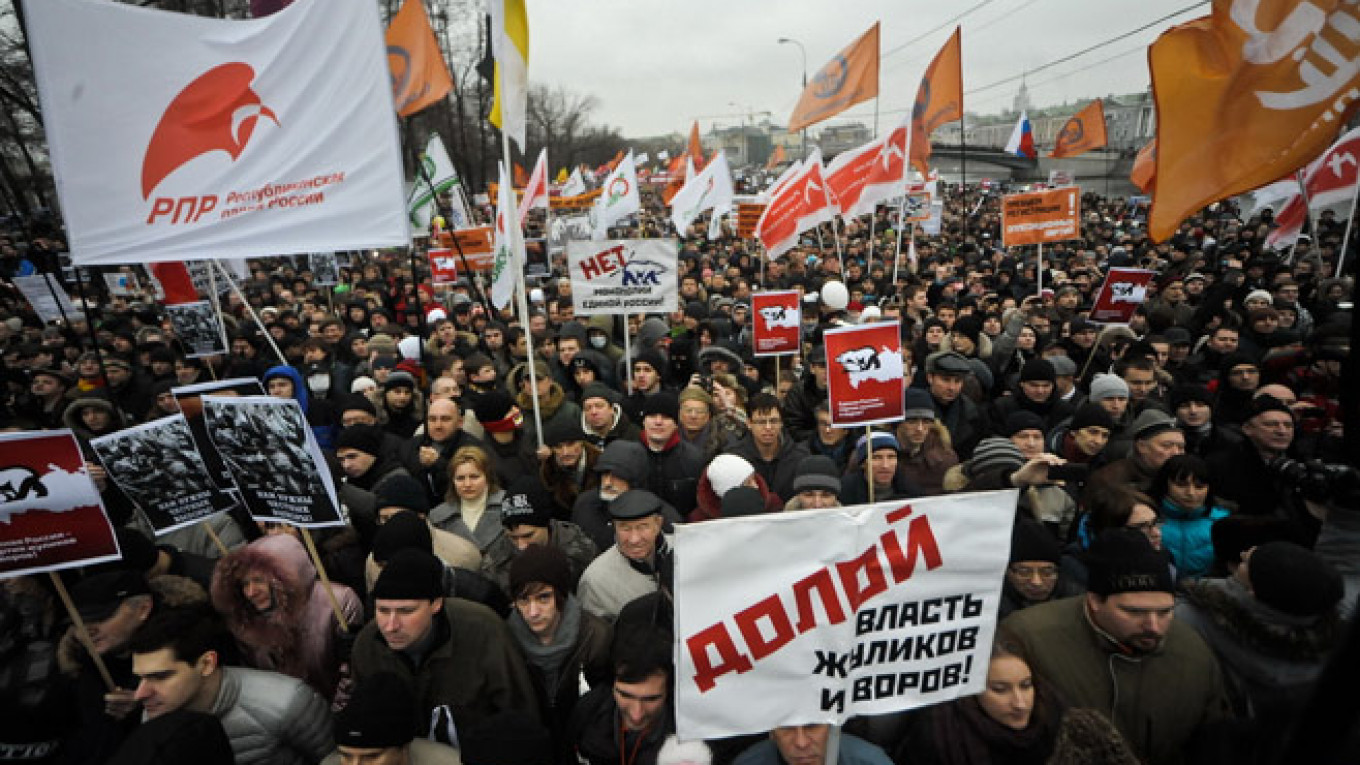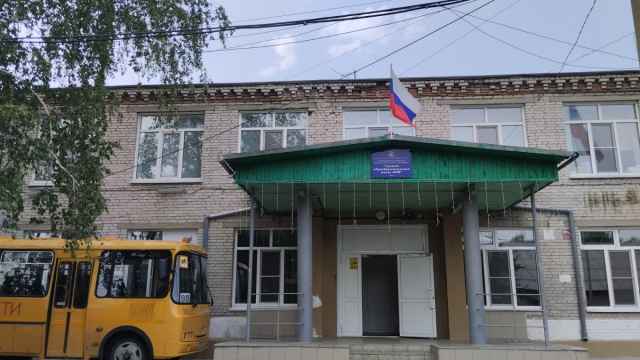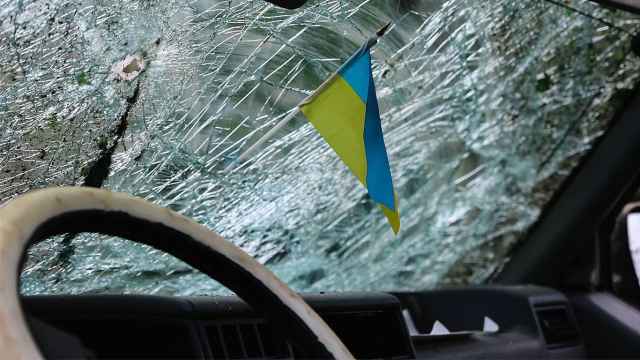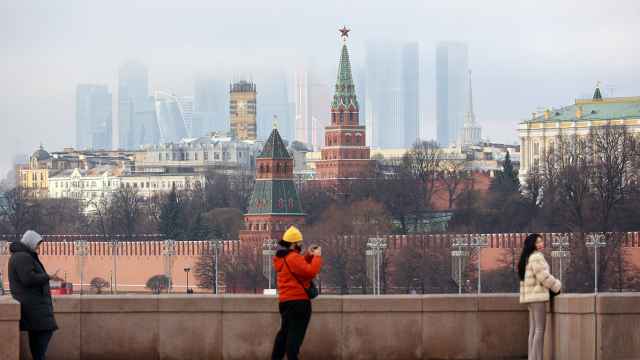The clampdown on civil society in Russia is not a recent development, as the prospect for social change and civil society development has been bleak for many years. The downturn started under the Yeltsin administration.
Russia's campaign against NGOs began long before President Vladimir Putin came to power. In 1996, a new law on non-governmental organizations was promulgated, forcing all NGOs to undergo re-registration.
For many NGOs, the process of re-registration was difficult. Bureaucrats made it almost impossible to file documents that would correspond to the new law.
Some NGOs perished and some went through major legal battles in order to be registered, even reaching the European Court of Human Rights in Strasbourg, France.
Apart from NGOs, the clampdown on civil society development also affected ordinary citizens. The government prosecuted protesters for participating in "unauthorized" mass actions, ignoring Article 31 of the Constitution.
To extinguish the desire to come together and collectively express, promote and defend common interests, the government introduced administrative penalties in 2012 for participating in protests that amounted to criminal punishment.
This year the government introduced a criminal punishment law for participation in "illegal" protests twice within a year.
The European Court of Human Rights is scheduled to deal with 15 complaints from 29 applicants from Russia regarding the violation of the right to freedom of peaceful assembly and expression, in 2015.
Activists retreated to the only type of protest that could not be "unauthorized" by definition — one-person pickets — to find themselves yet again detained and charged literally for standing or walking on a street.
In addition to taking away the right to assembly and protest, the government also blocked access to domestic courts. Those activists charged for participating in protests — often paired with resisting arrest — were deprived access to a fair trial.
The state's explanation was that charges against the defendants were not criminal. This also applies to other administrative offenses. Accordingly, only the criminally charged have a right to free legal counsel.
Administrative charges in Russia are as high as criminal charges, often amounting to substantial fines and a 15-day incarceration. In a recent case that reached the European Court of Human Rights, a charged protester demanded that it is the state's obligation to provide free counsel. The judgment could reform Russian administrative law, providing free attorneys to those who cannot afford them.
In contrast with the 1990s, modern Russian courts do not allow people to bring the government to justice for its wrongs.
Russia is now at a stage where a complaint against a government agency can be ruled inadmissible by a single judge and confirmed by three appellate judges without participation of the applicant, not to mention the applicant's counsel.
The only remaining tool of a civilized fight for rights that Russians still have is access to the European court. If Russia withdraws from the jurisdiction of the international court, what will be left?
Applicants trying to bring justice to Russia should keep writing to the European Court of Human Rights to highlight and uncover all those wrongs they face.
As during Soviet times when writers and poets were writing "to their desks," having no hope of publishing their thoughts, human rights activists and citizens should write to Strasbourg in hope that one day European case law will become the foundation of domestic law in Russia.
Anton Burkov is a fellow on human rights and conflict resolution at the Kennan Institute.
A Message from The Moscow Times:
Dear readers,
We are facing unprecedented challenges. Russia's Prosecutor General's Office has designated The Moscow Times as an "undesirable" organization, criminalizing our work and putting our staff at risk of prosecution. This follows our earlier unjust labeling as a "foreign agent."
These actions are direct attempts to silence independent journalism in Russia. The authorities claim our work "discredits the decisions of the Russian leadership." We see things differently: we strive to provide accurate, unbiased reporting on Russia.
We, the journalists of The Moscow Times, refuse to be silenced. But to continue our work, we need your help.
Your support, no matter how small, makes a world of difference. If you can, please support us monthly starting from just $2. It's quick to set up, and every contribution makes a significant impact.
By supporting The Moscow Times, you're defending open, independent journalism in the face of repression. Thank you for standing with us.
Remind me later.






